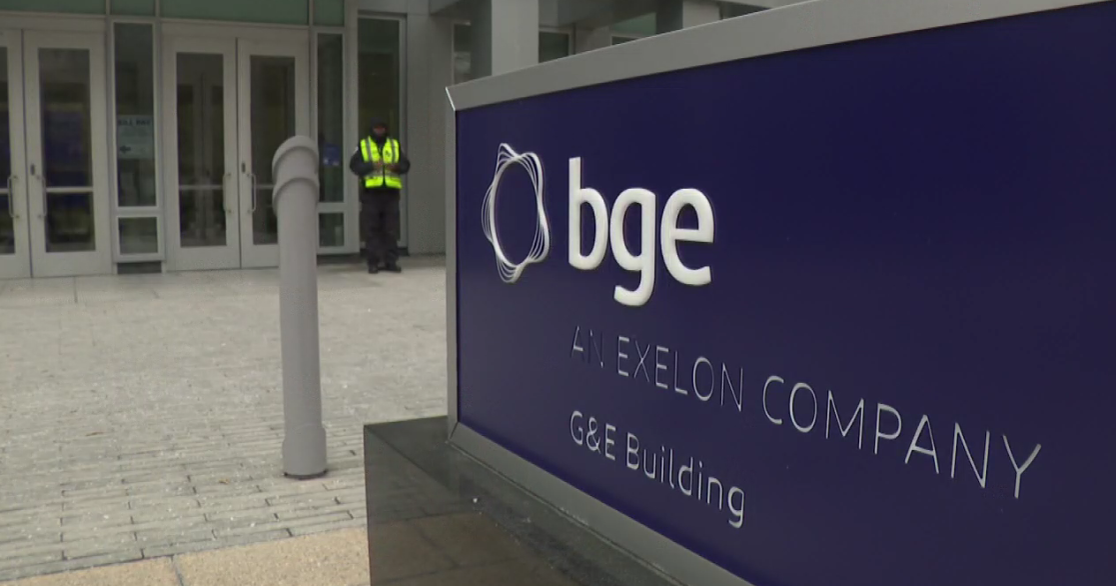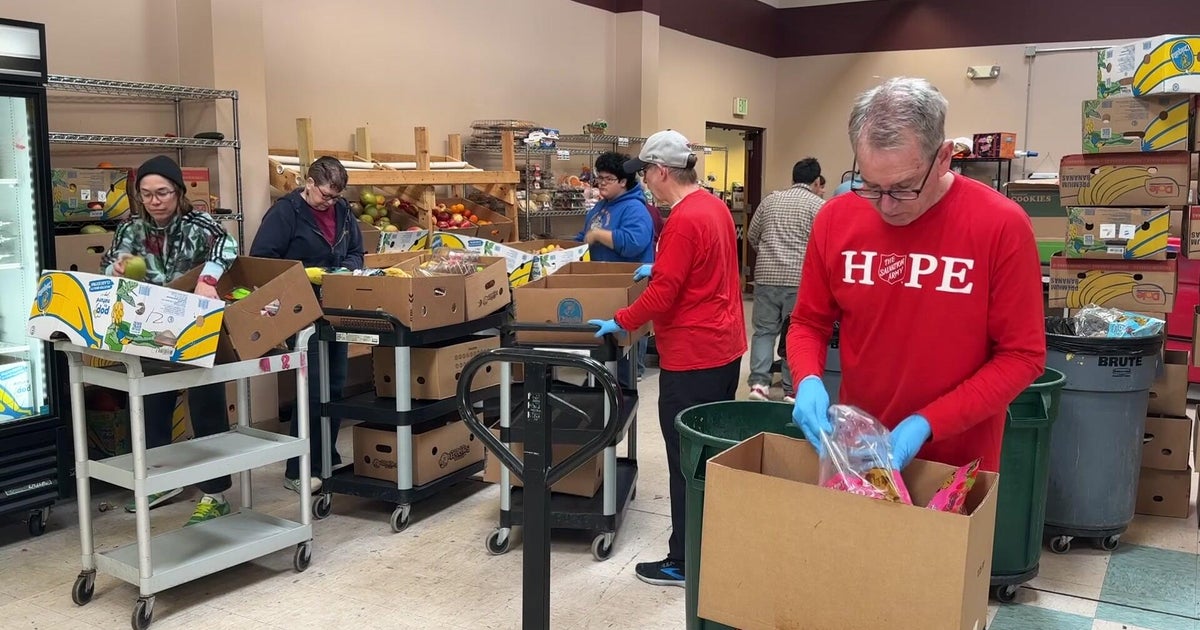Hopkins Commits To Go Local In Campus Food
ALISSA GULIN
The Daily Record
BALTIMORE (AP) -- When you're Johns Hopkins University, you don't underestimate the power of your decisions -- or your dollars.
And because students and administrators understand the potential they have to influence their peers, they aim high.
So, when members of student group Real Food Hopkins decided they wanted local, sustainably sourced foods on campus, they didn't just want them on the menu in the cafeterias. They wanted them to play a starring role.
Dining services officials obliged. Bill Connor, director of dining programs, said the university switched in April to a new food-service contractor that specializes in local sourcing and has experience working with small-scale farms.
In July, that company -- Bon Appetit Management Co., based in Palo Alto, Calif. -- took over all dining operations, including hiring staff, buying food and preparing meals. Bon Appetit forged partnerships with 25 small vendors in and around Maryland, such as One Straw Farm in White Hall and Albright Farms in Monkton, and crafted menus prominently featuring their produce, meats and dairy, Connor said.
Hopkins didn't stop there. This fall, its president, Ronald J. Daniels, signed a pledge with the Real Food Challenge, a nationwide initiative that asks colleges and universities to commit to buy at least 20 percent of their food from local, sustainable, humane or fair trade sources by 2020. Hopkins upped the ante, committing to 35 percent.
Why?
"Because we're Johns Hopkins," said Connor. "We're not a baseline institution. We're at the forefront in academics and research; why would dining not want to be at the same forefront?"
Hopkins is the 18th college to sign the pledge and the first in Maryland. Jon Berger, RFC's mid-Atlantic regional coordinator, says that will pave the way for others to follow suit.
"As we build momentum and as more schools sign on, it'll be easier for others to do it because more infrastructure for food distribution systems and best practices and knowledge will have been developed," he said.
Real Food Challenge hopes participating universities will transfer a combined $1 billion in food purchases away from industrial farms and manufacturers to "real food" suppliers in their areas by 2020. At Hopkins, a spokeswoman said spending on local food at the Homewood campus topped $300,000 in September alone, so 35 percent of the annual dining budget is "obviously a significant amount of money."
Hopkins' previous food-services contractor worked with about five local suppliers for about 7 percent of total food purchases, Connor said. Now, with 25 suppliers in Maryland and neighboring states, the school is "well on the way" to 35 percent, Connor said, adding that officials are still calculating the current percentage.
About 80 percent of the meat served on JHU's Homewood campus comes from local sources. All bread products come from Stone Mill Bakery in Baltimore, and most salad greens come from Big City Farms, also in Baltimore, officials said.
Small producers sometimes charge higher prices, but not always, Connor said. And there are advantages.
"When you to buy directly from the farmer, you develop a better relationship, and with a better relationship, you can often negotiate a better price," Connor said. "And sourcing food this way cuts out the middle man, which can drive up costs.
"Big City greens may (cost) a little more than greens we could get picked and shipped in from California, but they're fresh, they're tender and they're local. The Johns Hopkins campus wants to support the city we call home."
Other schools in Maryland are interested in sustainable dining. Some, like Goucher College, also work with Bon Appetit, and Real Food student groups like the one that pushed Hopkins to sign the pledge have cropped up at several institutions, including the University of Maryland, College Park.
Indeed, Hopkins' decision was the impetus for at least one other Maryland school to consider jumping on board. Loyola University Maryland is "exploring the Real Food Challenge and the prospect of taking the pledge," said spokesman Nick Alexopulos.
Loyola's dining-services contractor "already sources more than 20 percent of its food in the region by purchasing from local companies, family-owned farms and other producers of food nearby," Alexopulos said.
But some colleges and universities might not satisfy the stringent requirements of Real Food Challenge, Berger said. Some schools classify a product as local if it was processed in a plant in Maryland, he said, even if the ingredients were grown across the country.
Berger said that won't cut it for the Challenge. To qualify as "real food," the item must meet RFC's standards in at least one of four categories: locally grown, sustainably grown, fair trade practices and humane treatment of animals. There are also disqualifiers, such as using genetically modified ingredients.
Students who want to involve their colleges in the program can use RFC's "real food calculator" to audit the dining services department. The tool helps students go through every line on every invoice to evaluate where the food comes from, how it's produced, what supply-chain practices are used and whether it meets RFC's standards, Berger said.
The organization also helps students organize multidisciplinary work groups for students in different majors -- business and horticulture, for example -- to combine their classroom knowledge and apply it to enacting change on their campus.
"For decades, a lot of school kitchens haven't been cooking," Berger said. "They've been unzipping and unpacking. We want to transition back to cooking real food."
(Copyright 2013 by The Associated Press. All Rights Reserved.)







